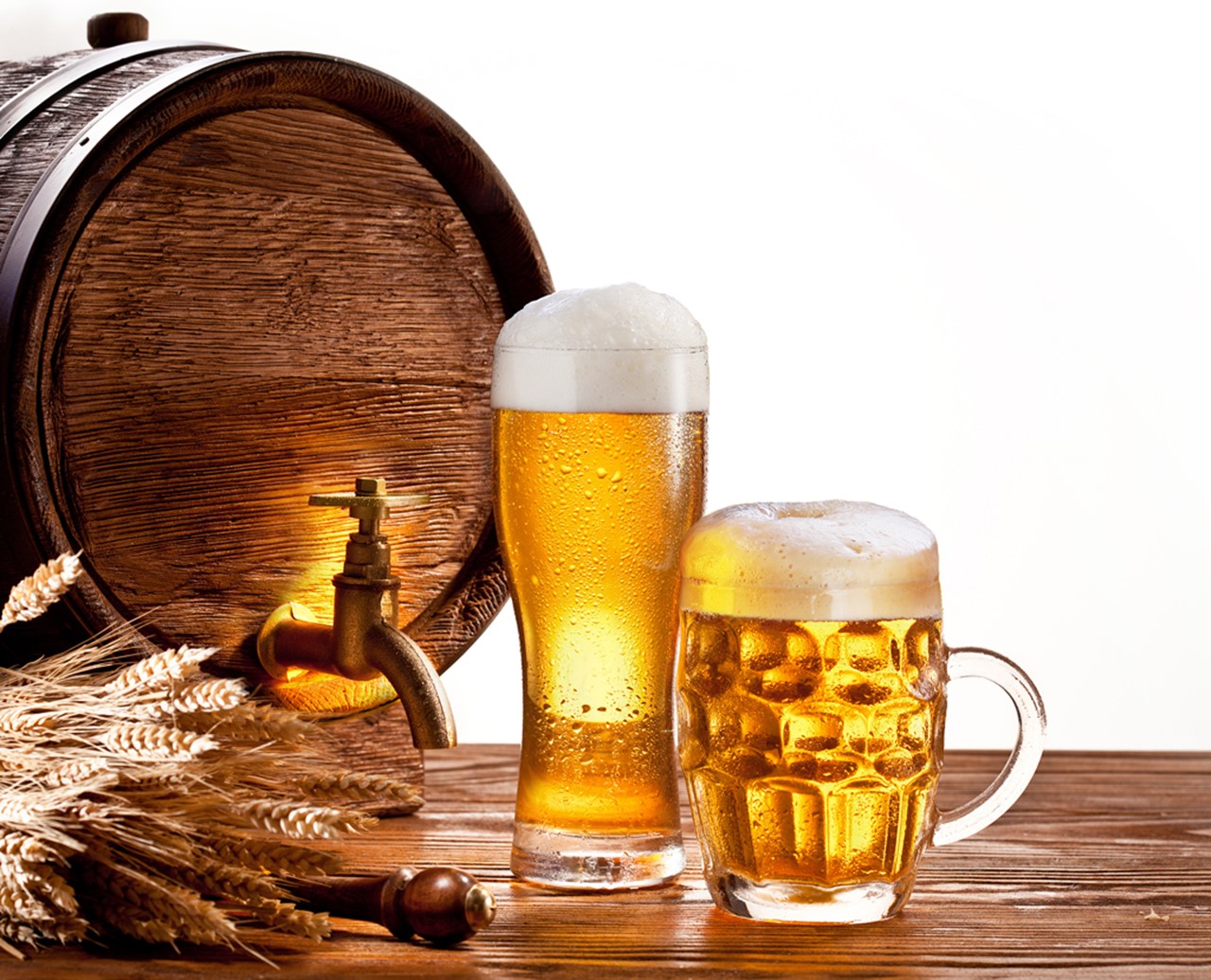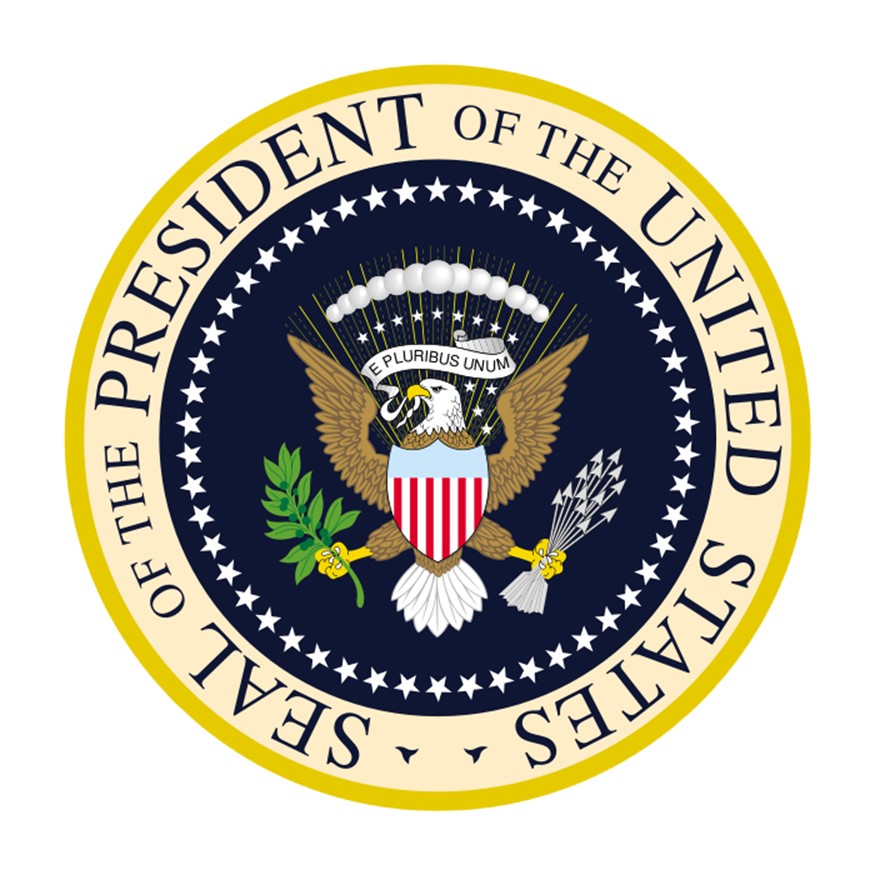Money Can Buy Sadness
October 28, 2015 in Daily Bulletin

Jana Kasperkevic stepped into the world of wealth counsellors – those who provide therapeutic counselling to the rich:
- Wealth counsellors argue that being rich has become a taboo and that the therapy they provide help the wealthy deal with the unique pressures of being rich.
- For example, the wealthy feel assaulted by the media and movements such as Occupy Wall Street.
- Those in particular need of counselling are the ones that inherited their money – we usually use terms like “trust fund baby” and “spoiled brat” when we think about these people.
- The wealthy also have to wonder if their friends only care for them because of their money.
- And wealthy parents need help in knowing how to ensure that their children grow up to be good human beings.
- Therapy can involve “walk and talk” sessions through New York City’s battery park.
Read more about the one such wealth counsellor and other details here.
Source: The Guardian
Via: Slate









Join the Discussion! (No Signup Required)